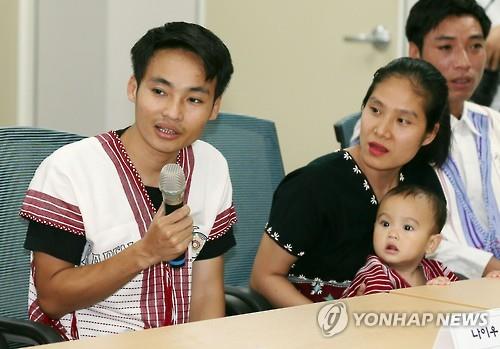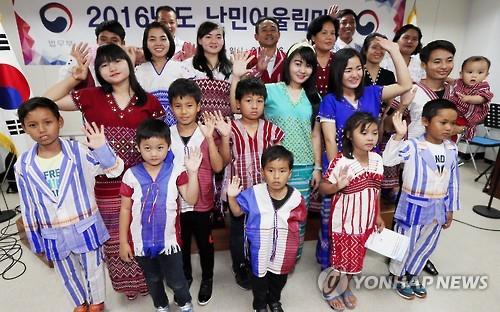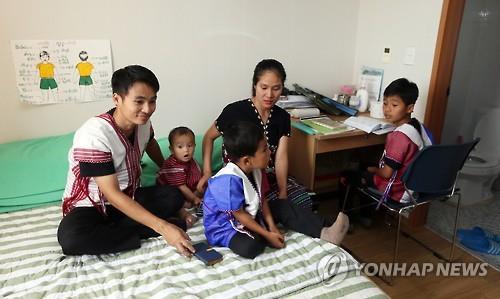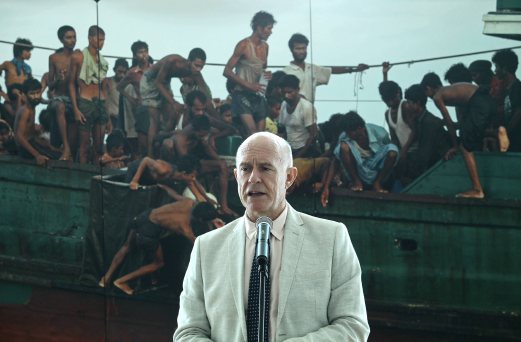
The Human Rights Commission of Malaysia (the commission) aligns itself with others in expressing serious concerns over the exacerbating global refugee crisis. In the wake of escalating violence, turmoil and armed conflict plaguing many parts of the world, millions of people, many of whom are women and children, are adversely affected and become refugees.
They are forced to flee their homes and cross international borders and deep seas, risking their lives in pursuit of safety and survival. Thousands of them die in the process.
In commemorating World Refugee Day, which falls on June 20, the commission pays tribute to the courage and determination demonstrated by refugees and asylum seekers all over the globe. The trials and tribulations endured by them to escape persecution and life-threatening circumstances in their home countries are unspeakable, and their strength and perseverance in overcoming such difficult situations deserve recognition.
However, recognition alone will do very little to improve the plight of refugees. Concrete actions must be taken not only to mitigate the predicaments faced by them but also to safeguard their human rights and to address the root causes that lead to their unfavourable situation in the first place.
According to the Office of the United Nations High Commissioner for Refugees (UNHCR), there are some 154,140 refugees and asylum seekers registered with UNHCR in Malaysia, as of April 2016. UNHCR Malaysia states that 139,780 are from Myanmar comprising mainly Rohingyas and Chins, while 14,370 are from other countries including Sri Lanka, Pakistan, Somalia, Syria, Yemen, Iraq, Afghanistan and Palestine.
The commission observes that refugees and asylum seekers are among the most vulnerable to human rights abuses in the country. They also face discrimination and ill-treatment on a regular basis. As Malaysia is not party to the Convention and Protocol relating to the Status of Refugees, the government does not officially recognise the status of refugees, rendering them without any legal or immigration status.
As a result, refugees and asylum seekers, in particular those who are not yet registered with UNHCR, remain vulnerable to arrests for immigration offences and may be subject to repeated detention and charges, which may carry sentences of imprisonment and/or whipping. Even more alarming is the detention of refugee children including unaccompanied minors in immigration detention centres.
In addition, the enjoyment of their right to education, healthcare and employment are often impeded due to their lack of status, among other factors, leaving many of them destitute and trapped in the cycle of poverty. While refugees holding the UNHCR card have access to public healthcare services at a discounted fee, many still cannot afford the services on account of their low, and at times, irregular wages.
Positive steps
The commission acknowledges some positive steps taken by the government in addressing the refugee issue in the country including the administrative arrangement established between the government and UNHCR, under which a directive has been issued to provide guidance to the authorities on the handling of refugees in Malaysia.
In 2015, the government announced its proposal to allow Rohingya refugees to seek employment through a pilot project, which will focus on certain market sectors. Furthermore, the government also announced in December 2015 that it would accept 3,000 Syrian refugees over a period of three years and offer them shelter, employment and access to education for the children while they reside in Malaysia temporarily.
In this regard, the commission recommends that access to shelter, employment and education are not granted exclusively to a certain group of refugees only but are extended to other refugees as well. The commission stresses the need for the government to attach greater importance to the refugee situation in the country and adopt a more receptive stance towards ensuring that the fundamental human rights of refugees and asylum seekers are protected and fulfilled.
To this end, the commission repeats it’s urging for the government to accede to the 1951 UN Refugee Convention.
Finally, in support of the UNHCR’s ‘Stand #WithRefugees’ campaign, which will be launched on June 20, 2016, the commission encourages the Malaysian public to sign the #WithRefugees petition. The petition, which will be presented to the UN Headquarters in New York ahead of the UN High Level Meeting on Refugees and Migrants on Sept 19, requests governments to:
i. Ensure every refugee child gets an education.
ii. Ensure every refugee family has somewhere safe to live.
iii. Ensure every refugee can work or learn new skills to make a positive contribution to their community.



















